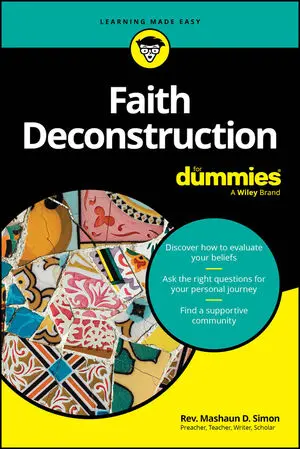Eid al-Fitr is celebrated during the months of April and May. The dates change every year in the Gregorian calendar (also known as the Western or Christian calendar) because Muslims, for religious matters, use a lunar calendar -- one that follows the phases of the moon. Within the Islamic calendar, the holiday takes place during the ninth month of the year.
Although festivities include family gatherings, new clothes, and feasting, a strong focus remains on giving alms. Charity, especially to the poor and needy, is central to Islam, as represented by its inclusion in the Five Pillars of Islam (the basic tenets of the religion). An economically self-sufficient Muslim is expected to give alms in an act called zakat in Arabic. Giving to charity shows that one's faith in Allah is true and that material possessions do not control his or her life.
Eid al-Fitr follows specific Islamic concepts
In Islam, this "charity" isn't so much giving because of sympathy for a cause or because of a catastrophe. Rather, it's a regular, sacrificial giving (much like charitable offerings at church) that — in addition to helping the needy — reaffirms the following Islamic ideas:- Everything belongs to Allah, even those material possessions that people think they own. By sacrificing these things for the sake of Allah, people are just giving things back to their rightful owner.
- Nothing should be hoarded. Society works best when things — including money and resources — flow naturally. By giving things away that you don't need or use, you give people who can use them or may need them the opportunity to do so. In this way, you save yourself from greed, and you prevent envy and jealousy in others.






